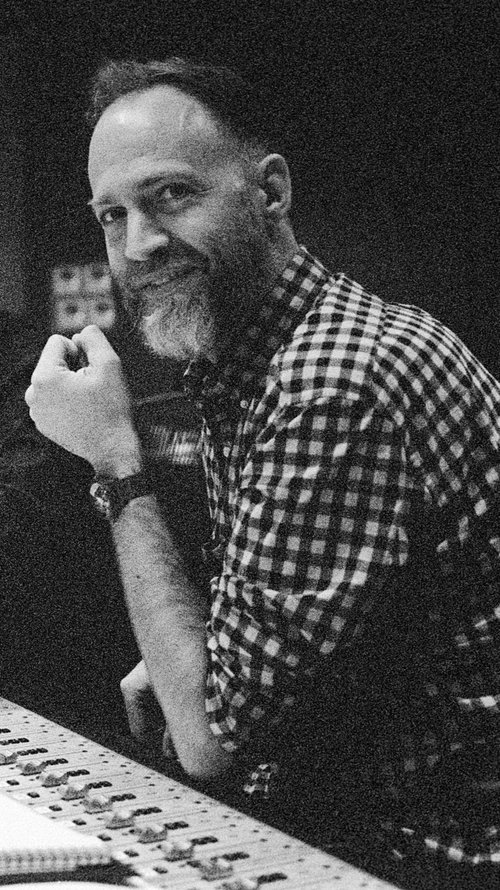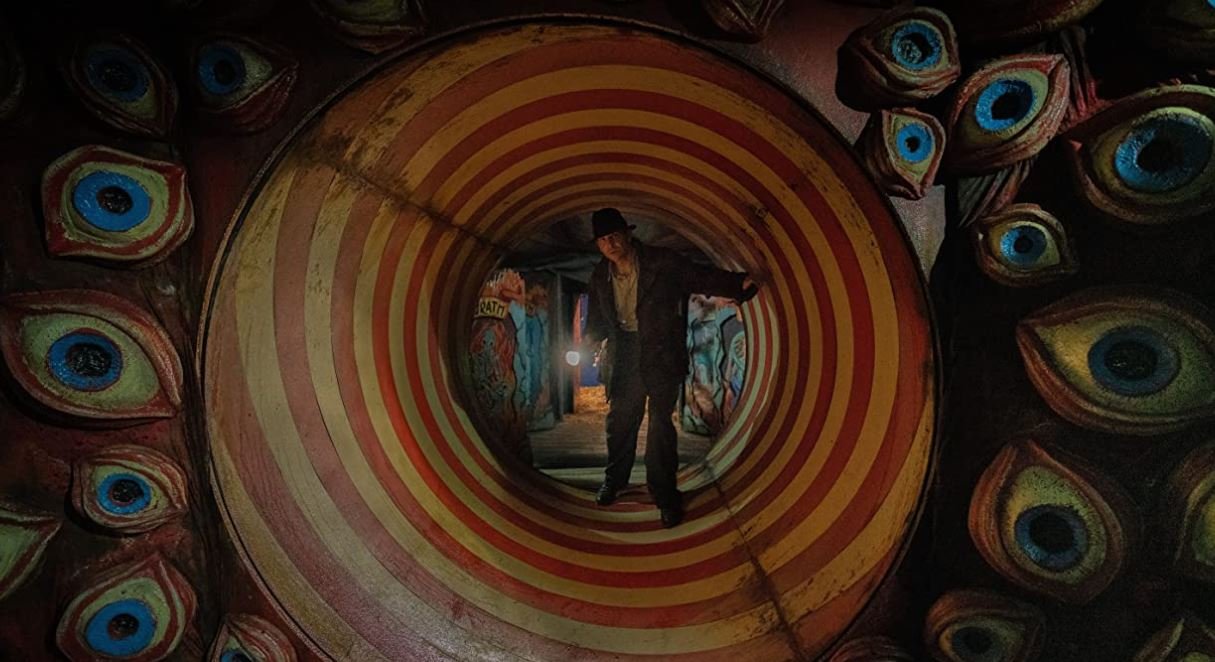'Nightmare Alley' Composer Nathan Johnson on Guillermo del Toro and the Art of Collaboration
Throughout his decades-long career, Guillermo del Toro has become most known for his monster movies. Between genetically enhanced insects, vampires, kaiju and even humanoid amphibians, it almost seems easier to name the creatures he hasn’t yet adapted.
While there are no cryptids in his latest film, ‘Nightmare Alley’, the Academy Award-winning director still manages to craft a movie about one of the scariest monsters of all time: Man.
Based on the 1946 novel of the same name by William Lindsay Gresham, the psychological thriller stars Bradley Cooper as a carnival worker whose knack for grifting leads him to a successful career. That is, until he meets a mysterious psychiatrist who may or may not be conning him.
Cate Blanchett, Rooney Mara, Willem Dafoe, Ron Perlman, and Toni Collette co-star. However, there’s an argument to be made that the score is also a star.
Simply put, its sound is exquisite. Composer Nathan Johnson (Knives Out) who scored the film , in an exclusive interview with FilmSpeak, explains that the first time he watched the film with no music he had already known it was a masterpiece.
Right as he had begun working on Knives Out 2, Johnson said he got the call to check out the film. Initially scared to ruin the film by adding to it, he said an idea washed over him.
“This rarely happens to me,” he said, “But I kind of had the idea [afterwards]. I didn’t even know what I just saw. It was amazing. And then it was like ‘I actually think I know what this movie wants. And that was sort of the process through the whole thing.’”
He added that he followed del Toro’s footsteps, trying to make decisions to solely serve the story and its characters: “It’s not about how can I make my music be the star, or how can I make the sound effects be the star? Everything is subservient to Guillermo’s vision.”
He’s not lying. Cooper’s character doesn’t say a word in the film for the first ten minutes. While Johnson’s score carries him from his childhood home to the big city, not once does it steal the spotlight. Instead, it amplifies the film’s tension and mystery.
Conversely, there were many not so musical moments that also contributed to the film’s ominous aesthetic. So many moments are made to feel musical, even when they aren’t. There’s one scene in particular toward the end of the film where Cooper puts down an empty glass and the ringing sound it makes feels like it’s a part of Johnson’s score, but it isn’t. At least not at first anyway.
“We [wanted] the sound of that glass to score that scene,” he says, “and so it sort of transitions into the high harmonics on the strings.”
As integral and effective as Johnson’s score is in the film though, he says that it’s a product of the synergy he had with the rest of the sound department. Even though this was Guillermo’s baby, Johnson could not emphasize enough how much he welcomed all kinds of collaboration.
So it came as no surprise when Bradley Cooper had a few suggestions about his character’s music.
“Bradley came to the piano recording sessions,” Johnson explained.
“The whole movie is from his perspective. We’re experiencing him going on this journey, putting on masks, taking off masks, and finally revealing himself, so it was really cool to have the actor that I’m scoring giving his thoughts…It was really, really fun to collaborate in that regard.”



